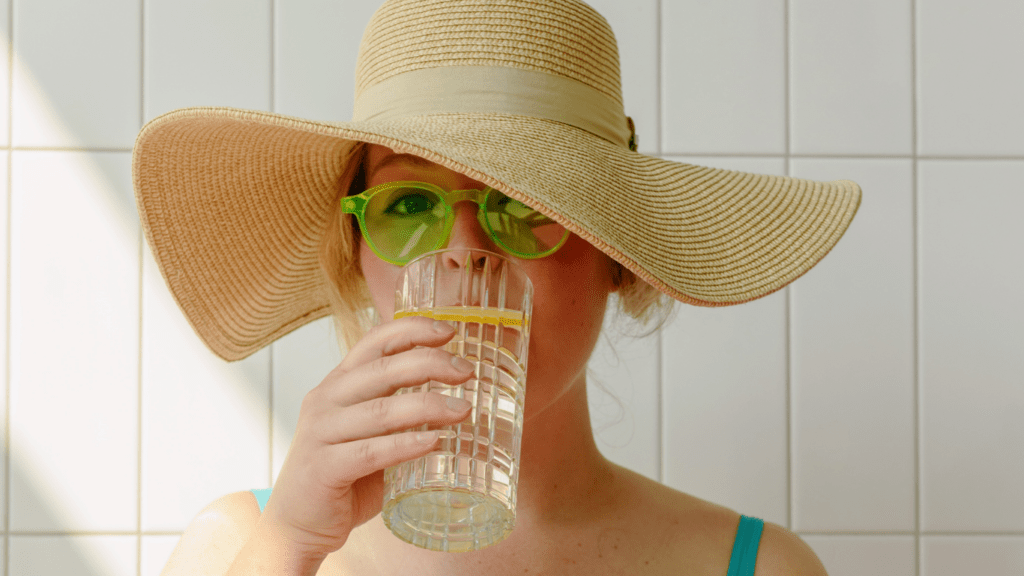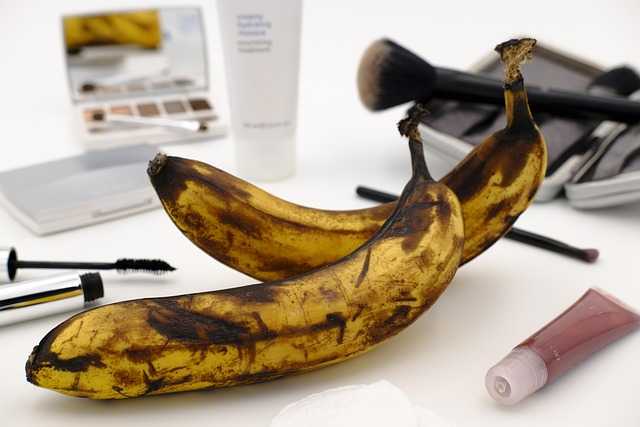Understanding Skin Health and Hydration
Skin health and hydration are closely linked. Proper hydration can improve skin elasticity, texture, and appearance.
The Role of Water in Skin Physiology
Water plays a vital role in skin physiology. It helps maintain skin’s moisture levels and elasticity. The skin consists of three layers: the epidermis, dermis, and hypodermis. Water affects each layer differently:
- Epidermis: Water in the outermost layer keeps it smooth and blemish-free.
- Dermis: Hydrated dermis supports collagen production, reducing wrinkles.
- Hypodermis: Proper hydration impacts its fat cells, providing structural support.
Hydration is crucial for transporting nutrients to skin cells and removing toxins. Without enough water, the skin can’t perform these functions effectively.
Signs of Dehydration Impacting the Skin
Dehydrated skin exhibits several noticeable signs such as:
- Dryness: Skin lacks moisture, leading to flakiness and rough texture.
- Dullness: Dehydrated skin appears lifeless and lacking radiance.
- Wrinkles and Fine Lines: Lack of water causes skin to lose elasticity, enhancing wrinkles.
- Irritation: Dehydration makes skin more prone to redness and sensitivity.
- Itchiness: A common sign of dehydration, especially in colder months.
Recognizing these signs can help take action to restore hydration and improve overall skin health.
Benefits of Optimal Hydration for the Skin
Optimal hydration provides several benefits for skin health. It enhances skin elasticity, improves barrier function, and aids in detoxification.
Improved Skin Elasticity and Appearance
Proper hydration boosts skin elasticity. When skin cells receive enough moisture, they perform better, making skin appear more plump and youthful. Hydrated skin shows fewer wrinkles and lines.
For example, drinking enough water and using hydrating skincare products both contribute to a smoother skin texture.
Enhanced Barrier Function and Detoxification
Hydrated skin maintains a strong barrier function. This barrier protects against environmental pollutants and toxins.
Moisture helps in detoxification by promoting efficient cell turnover and expelling impurities through sweat.
For instance, a well-hydrated skin barrier prevents irritants from entering while keeping necessary moisture inside. This reduces the risk of irritation and breakouts.
How to Maintain Proper Hydration
Hydration is essential for glowing, healthy skin. To keep your skin in optimal condition, you need to follow several key practices.
Daily Water Intake Recommendations
I aim to drink enough water daily to support my skin’s hydration levels. Typically, consuming at least 2 liters (8 cups) of water per day suffices for most adults.
Factors like activity level, climate, and individual needs can impact the precise amount.
Importance of Moisturizers and Humidifiers
Besides drinking water, using moisturizers and humidifiers aids in skin hydration. I apply a hydrating moisturizer twice daily to lock in moisture and improve the skin barrier.
Using a humidifier, especially during dry seasons, helps maintain ambient moisture levels, preventing skin from drying out.
Common Misconceptions About Hydration and Skin Care

Misunderstandings about how hydration affects skin health abound. Let’s debunk some common myths and clarify the realities of keeping your skin hydrated.
Myth vs. Reality: Drinking Excess Water for Better Skin
Many believe that consuming excessive amounts of water leads to glowing skin. While staying hydrated is essential, no evidence supports that drinking more than the recommended daily intake (about 2 liters or 8 cups) dramatically enhances skin appearance.
Drinking excessive water doesn’t directly improve skin hydration because the skin primarily relies on external moisture and natural oils to stay hydrated.
Legitimate skin care requires a balanced combination of adequate water consumption, proper moisturizers, and maintaining healthy skin barriers.
Impact of Caffeinated and Alcoholic Beverages on Hydration
Caffeinated and alcoholic drinks are often labeled as highly dehydrating. Though caffeine and alcohol have diuretic properties, consuming them in moderation doesn’t necessarily strip the body of hydration.
Studies indicate moderate caffeine consumption contributes to daily fluid intake without causing significant dehydration.
Alcohol, however, demands special caution; it can lead to dehydration if consumed excessively as it does increase urine production.
To maintain skin hydration, balance the intake of these beverages with adequate water consumption and consider using hydrating skincare products to support the skin barrier.


 Bradley Frankirly is a distinguished article writer at Body Care And Matter, bringing a unique perspective to the world of health and wellness journalism. With a keen eye for detail and a passion for storytelling, Bradley crafts articles that resonate deeply with readers, offering both informative content and a relatable narrative.
Bradley Frankirly is a distinguished article writer at Body Care And Matter, bringing a unique perspective to the world of health and wellness journalism. With a keen eye for detail and a passion for storytelling, Bradley crafts articles that resonate deeply with readers, offering both informative content and a relatable narrative.

